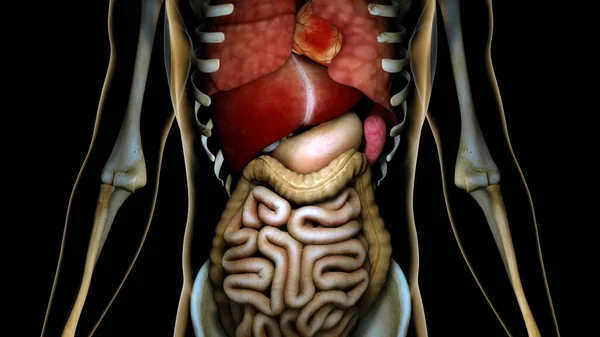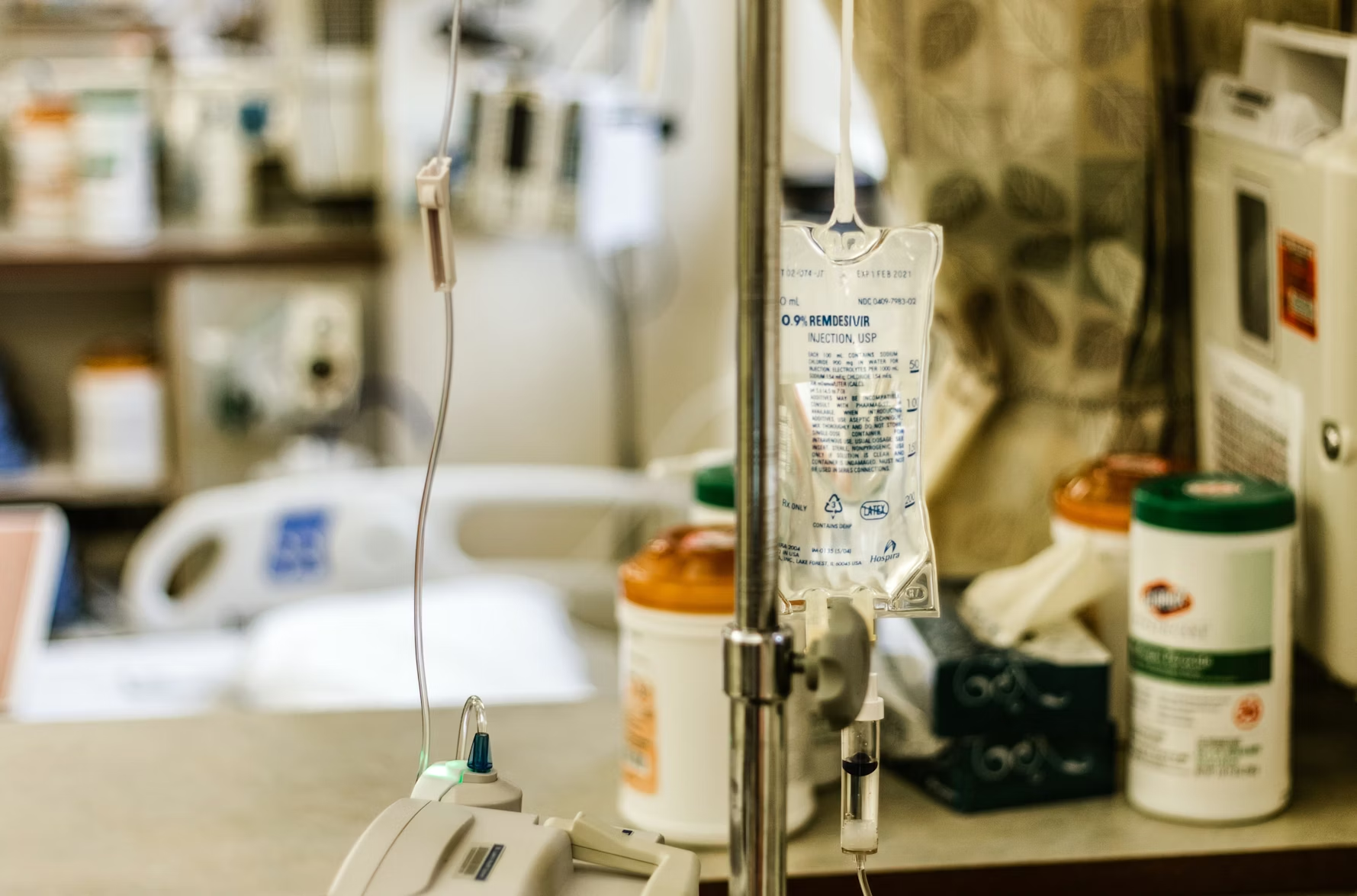Your internal organs work day and night; whether you are asleep or awake. As such, they need to be adequately taken care of. Your internal organs play essential functions that are necessary to keep you alive.
For instance, the kidney cleanses your blood of waste, the liver helps to remove toxins from the blood, and the heart pumps blood around your body.
Issue(s) in the internal organ means a deformity in the body system, which can degenerate to illnesses and possibly death. As such, you must take care of your internal organs.
In this beneficial blog post, we will discuss seven most effective tips to take care of your internal organs.
7 Ways To Take Care of Your Internal Organs
Here are seven ways to ensure that your internal organs are healthy:
1. Stay hydrated always
Research has shown that water is essential to your vital organs. It helps the kidney, liver, and heart to carry out their functions. Proper hydration reduces the occurrence of urinary tract infections.
If you are dehydrated, toxins can easily build up and affect your liver and kidneys. Also, dehydration can block your blood vessels. This prevents blood from flowing properly in the body. Poor hydration can most likely lead to kidney problems and you would require dialysis as treatment.
Medical science recommends you take at least eight cups of water per day for proper hydration. Apart from drinking water, there are many other ways to stay more hydrated.
2. Engage in regular exercise
Regular exercise is not only essential for your fitness but also essential for the proper functionality of your internal organs. Studies have shown that adequate physical exercise reduces the occurrence of cardiovascular mortality.
Also, your kidney and liver need physical activity to function properly. It does not need to be an intense workout; it can be a simple routine physical activity like walking, jogging, or cycling.
3. Eat a healthy balanced diet
Diet places a role in influencing the functionality and vitality of internal organs. If you eat healthily and take in the proper nutrients, your internal organs will function properly. You must take adequate fruits, vegetables, fiber, and whole grains to maintain and improve the vitality of your internal organs.
Avoid sugar, heavily fried food, and salty and refined sugar. Stay away from alcohol and quick-acting carbohydrate if you want your internal organs to work properly.
4. Maintain your blood sugar levels
When your blood sugar is not normalized, it can affect the functionality of your blood sugar. If your blood sugar is high, your kidney’s functionality might be affected.
If it is low, it can affect your brain’s functionality. You must monitor your blood sugar to keep it at the normal range.
5. Be cautious of taking over-the-counter medications and supplements
Recklessly taking over-the-counter medicines and supplements can impede liver functionality in the body. Studies have shown that medicine is a potential poison.
Also, too much supplement intake is not healthy for your internal organs. Too many herbal supplements may build up and cause damage to your kidney and liver.
6. Stay away from smoking and alcoholism
Smoking hardens the arteries, thereby reducing blood flow to the heart and the kidney. Also, smoking introduces toxins to your liver and causes it to work harder than normal, which may weaken your liver over time and lead to the buildup of toxins.
Also, alcohol consumption is harmful to the liver and kidneys. Studies have shown that some of your liver cells die when it filters alcohol. So the more alcohol you take, the more your liver cells die, and this increases your risk of having liver failure, which might lead to death.
7. Go for regular medical checkups
Lastly, one of the ways to take care of your internal organs is to go for regular checkups. You don’t have to wait for your internal organs to develop faults before going to the hospital.
As you progress in age, you must always check them. Through regular checkups, you can identify and treat abnormalities that might affect degenerate into something worse in the future.
Conclusion
Your internal organs are important for proper living. As such, the above tips on how to take care of your internal organs should be carefully adhered to. As you progress in age, there should be increased attention and care given to your internal organs.








